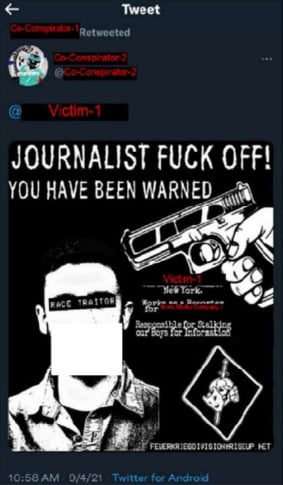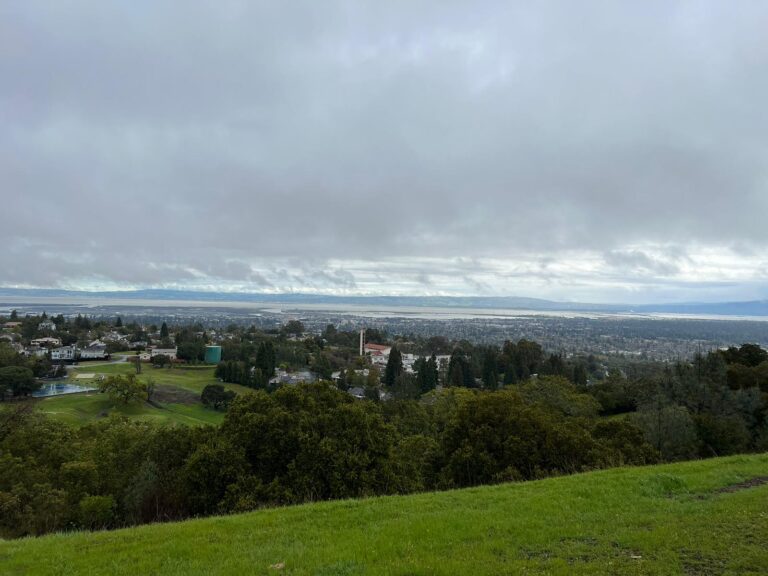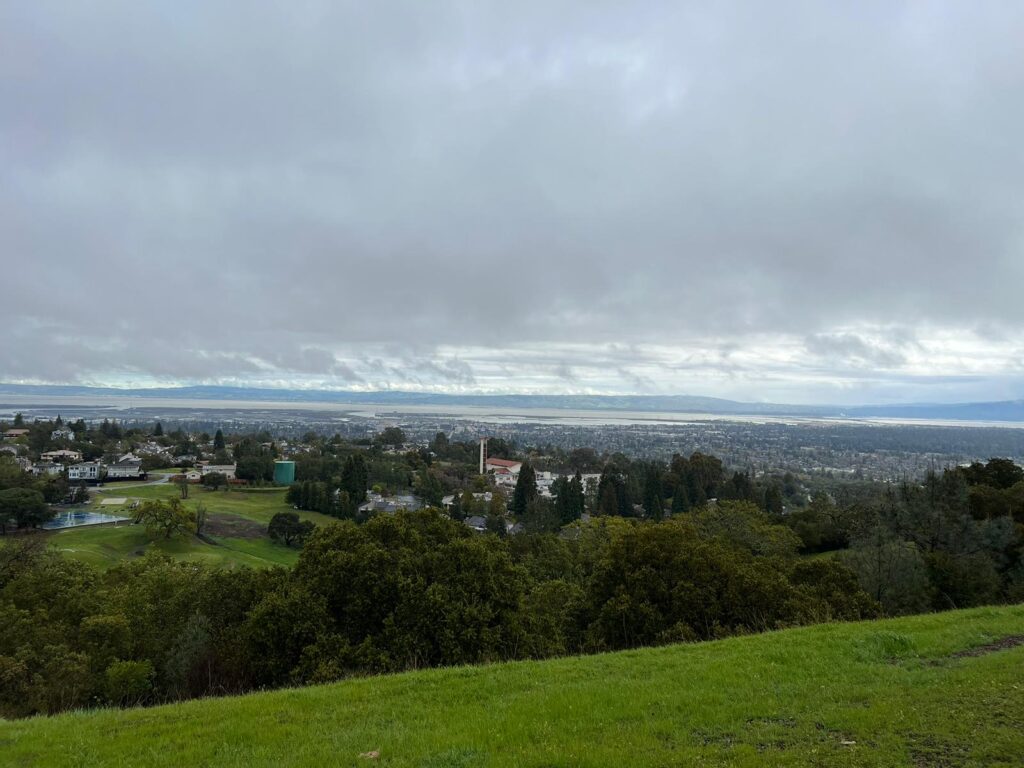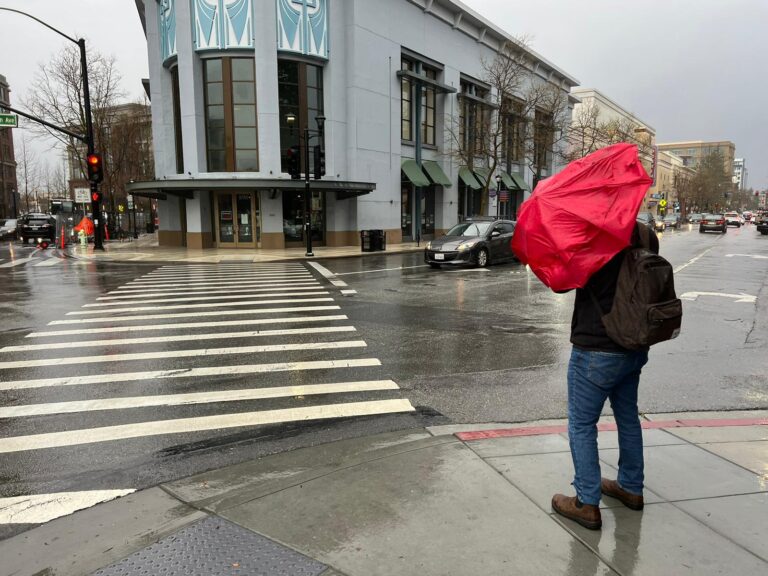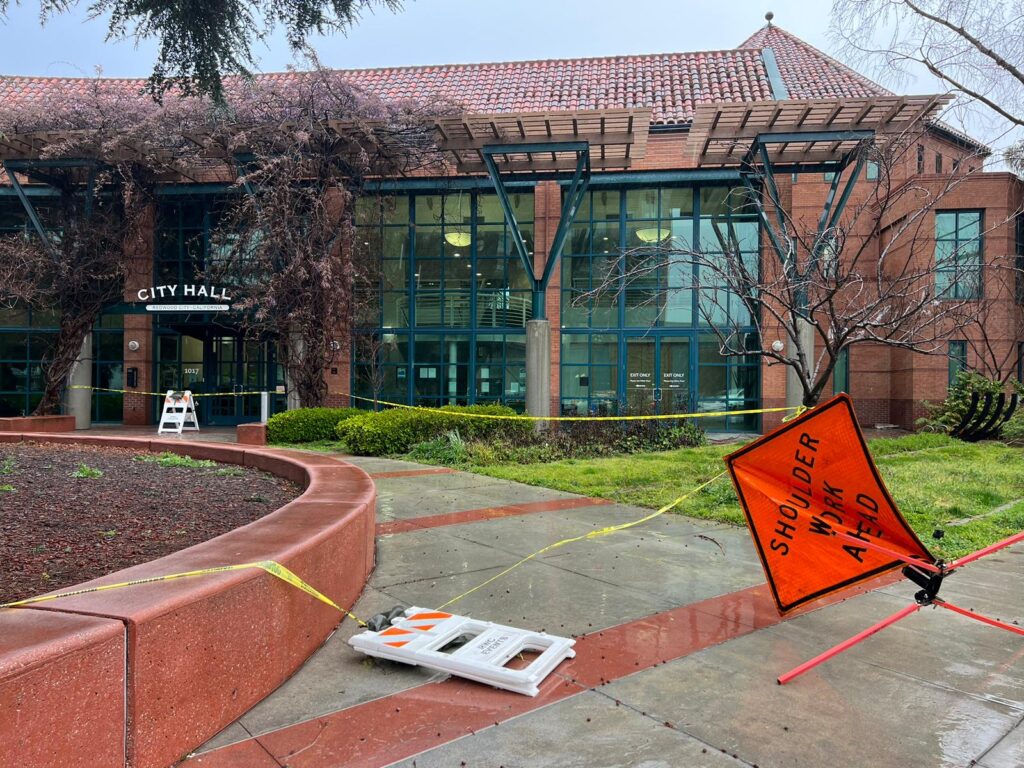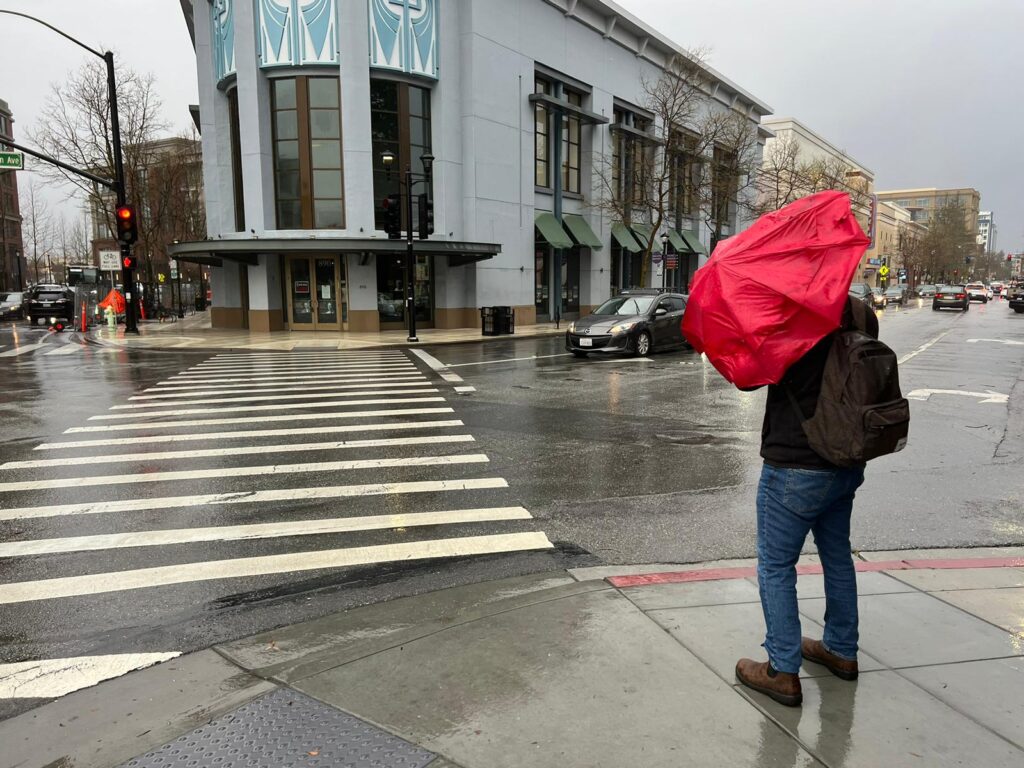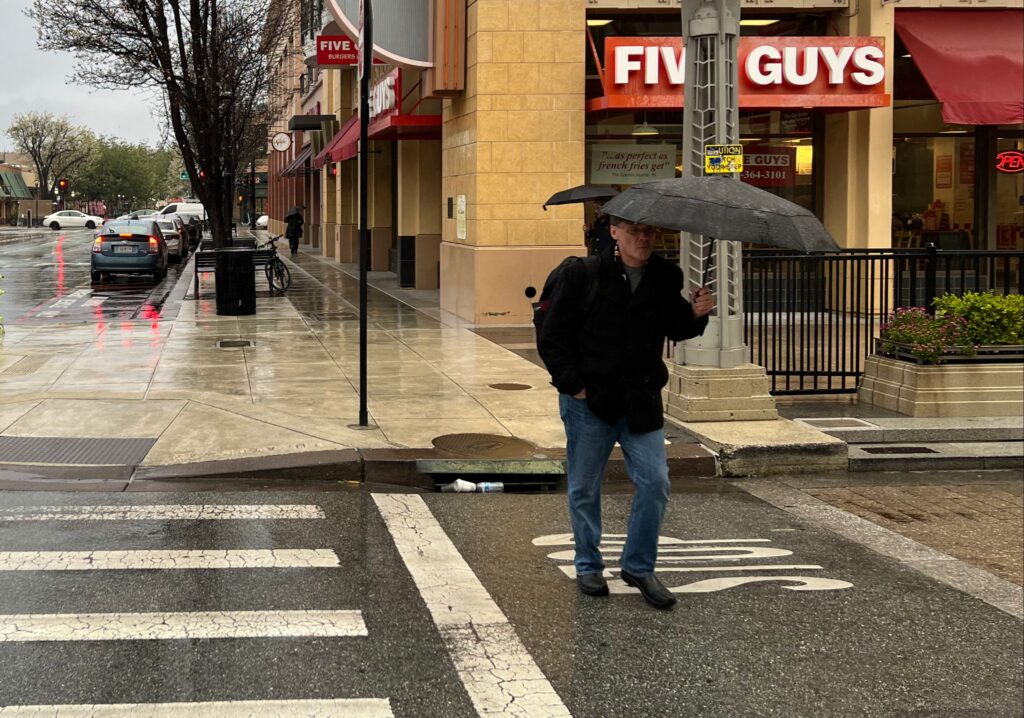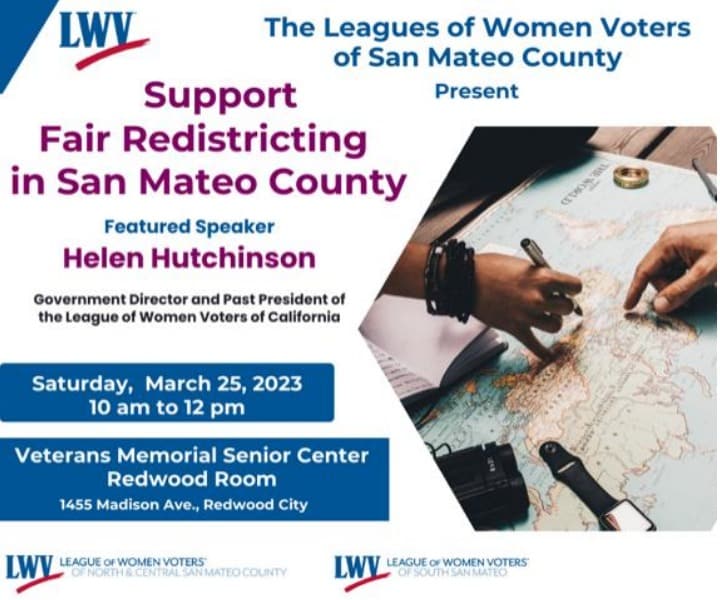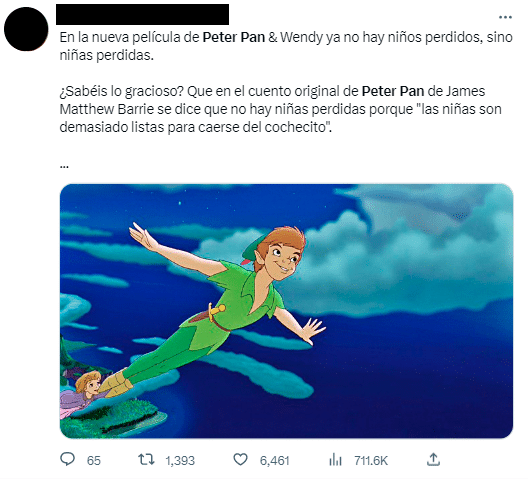*State government will also seek to create its own Naloxone

Californians will be able to get a 10ml vial of insulin for no more than $30 through the CalRx program, after it was announced that the initiative to make medications more affordable in California has secured a contract with generic drug company CIVICA.
During a tour last weekend, Governor $123.9 billion education package He also stressed over the weekend that a package of five 3 ml insulin pens will not exceed $55, including the cost of distribution and dispensing in pharmacies.
The official said the prices would be the same as for CalRx brand insulin, which are a fraction of the cash prices paid for a 10 ml vial - $300 - or more than $500 for a pack of 5 pens that people typically pay today.
“People should not be forced into debt to obtain life-saving prescriptions. Through CalRx, Californians will have access to some of the most affordable insulin available, helping them save thousands each year. But we won’t stop there – California will look to manufacture our own naloxone as part of our plan to combat the fentanyl crisis,” Newsom said.
The announced action will reduce the price of insulin by approximately 90 percent, saving out-of-pocket patients between $2,000 and $4,000 a year.
It is worth noting that no voucher or coupon will be required to access these prices, and it will be available to everyone, regardless of insurance plan.
“To address the affordability crisis in California, we must address the high cost of prescription drugs,” said Dr. Mark Ghaly, Secretary of the California Health and Human Services Agency. “The CalRx Biosimilar Insulin Initiative will benefit Californians who are currently paying too much for a medicine we know saves and changes lives.”
State officials said a new prescription will not be needed. Californians will be able to order generic CalRx at their local pharmacy or through mail-order pharmacies, which must agree to order and stock the product.
CalRx plans to make biosimilar insulins available for: Glargine, Aspart, and Lispro, and they are expected to be interchangeable with Lantus, Humalog, and Novolog, respectively.
The next step will be Naloxone, Newsom said.
As part of the state’s Master Plan to address the fentanyl crisis, California is also exploring potential next-to-market products, such as naloxone, to aid in the state’s effort to combat fentanyl overdoses.
The state government noted that pharmaceutical company CIVICA is already working with the California Health and Human Services Agency to identify a manufacturing plant based in California.
National data suggests that as many as 1 in 4 people with diabetes cannot afford their insulin, and even people with moderate deductible plans continue to spend substantial sums on their insulin.
What does biosimilar insulin mean?
When talking about biosimilars, it is useful to understand 3 different terms: biological, biosimilar and interchangeable.
According to the CalRx website, biosimilars are biological products that are very similar to a biological product that has already been approved by the U.S. Food and Drug Administration (FDA).
He added that a biosimilar must not have clinically significant differences from its reference product in terms of safety, purity and potency. If a biosimilar has not been determined to be interchangeable with the reference product, a pharmacy may require a new prescription to dispense the biosimilar.
An interchangeable biosimilar drug is a product that can be substituted for the reference product without the need for a new prescription, much like what pharmacies typically do with conventional generic drugs. The FDA evaluates the totality of the analytical and clinical evidence to determine whether a product is designated as interchangeable.
You may be interested in: Superbugs: the next pandemic that lurks and knows how to wait


